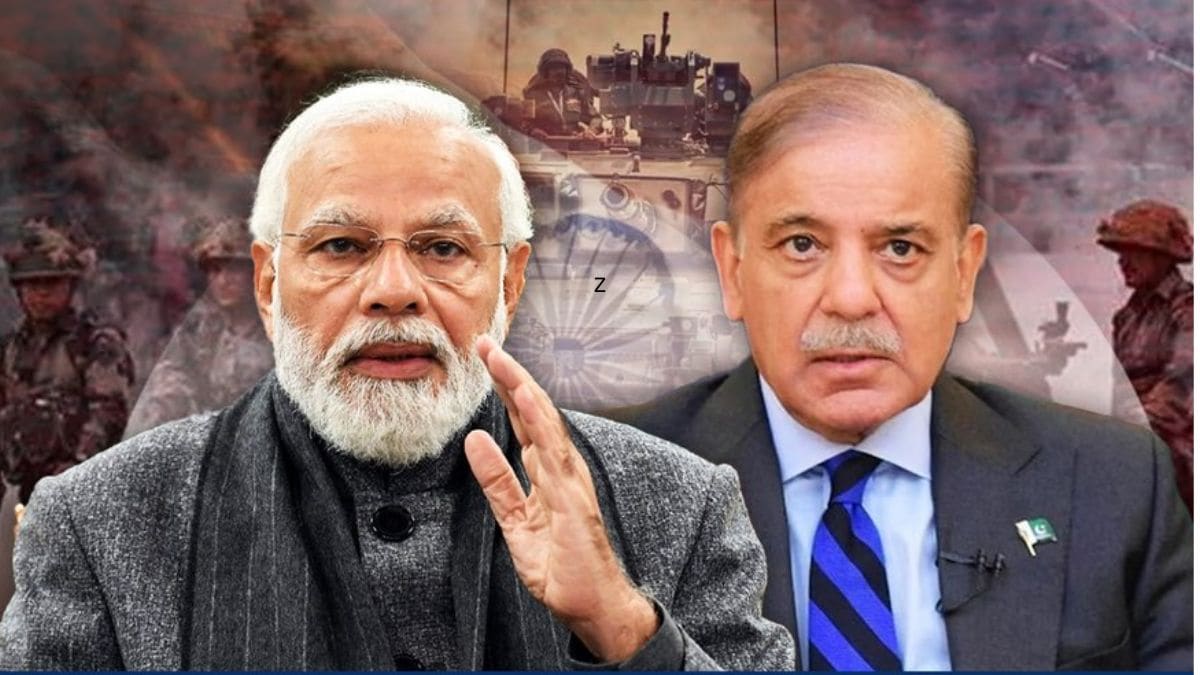

In a recent address to the nation following a ceasefire between India and Pakistan, Prime Minister Narendra Modi emphasized a shift in India's approach to dealing with cross-border terrorism, particularly in the context of "Operation Sindoor". Modi asserted that this is not an era of war, but neither is it an era of terrorism.
Operation Sindoor, launched on May 7, 2025, involved missile strikes on alleged terrorist sites within Pakistan and Pakistan-administered Kashmir. This operation was a response to the Pahalgam attack on April 22, 2025, where militants killed 28 civilians, mostly tourists, in Indian-administered Kashmir. India attributed the Pahalgam attack to The Resistance Front, an offshoot of Lashkar-e-Taiba, a Pakistan-backed militant organization, though the group later denied responsibility.
PM Modi stated that Operation Sindoor has only been kept in abeyance and that future actions will depend on Pakistan's behavior. He underscored that India would not tolerate any "nuclear blackmail". Modi's address came shortly after a ceasefire agreement was reached between the two nations to halt military actions across land, air, and sea.
During his address, Modi highlighted that terror and talks cannot occur simultaneously, nor can terror and trade, and that water and blood cannot flow together. He referenced the surgical strikes of 2016 and the Balakot air strikes of 2019, emphasizing that a zero-tolerance policy towards terrorism is essential for a better world. He further warned that Pakistan's state sponsorship of terrorism would ultimately lead to its own destruction.
India has released videos showcasing the damage inflicted on Pakistani military air bases during Operation Sindoor. According to Indian officials, the operation targeted nine sites and resulted in the deaths of over 100 terrorists, including high-value targets. The targeted groups included Lashkar-e-Taiba (LeT), Jaish-e-Mohammad (JeM), and Hizbul Mujahideen. India has also released the names of Pakistani Army officials who allegedly attended the funerals of terrorists killed during the operation.
Operation Sindoor's name itself carries significance. "Sindoor" is the Hindi term for vermilion, a red pigment traditionally applied by married Hindu women to their foreheads. This is a reference to the manner in which the terrorists shot their victims in the Pahalgam attack.
In the aftermath of Operation Sindoor, Pakistan reportedly pleaded with the world to find ways to peace, according to PM Modi. He emphasized that Pakistan attempted to remove the "sindoor" of Indian women, to which India responded by uprooting their "universities of terror". Modi's statements convey a strong message about India's resolve to combat terrorism and protect its interests.